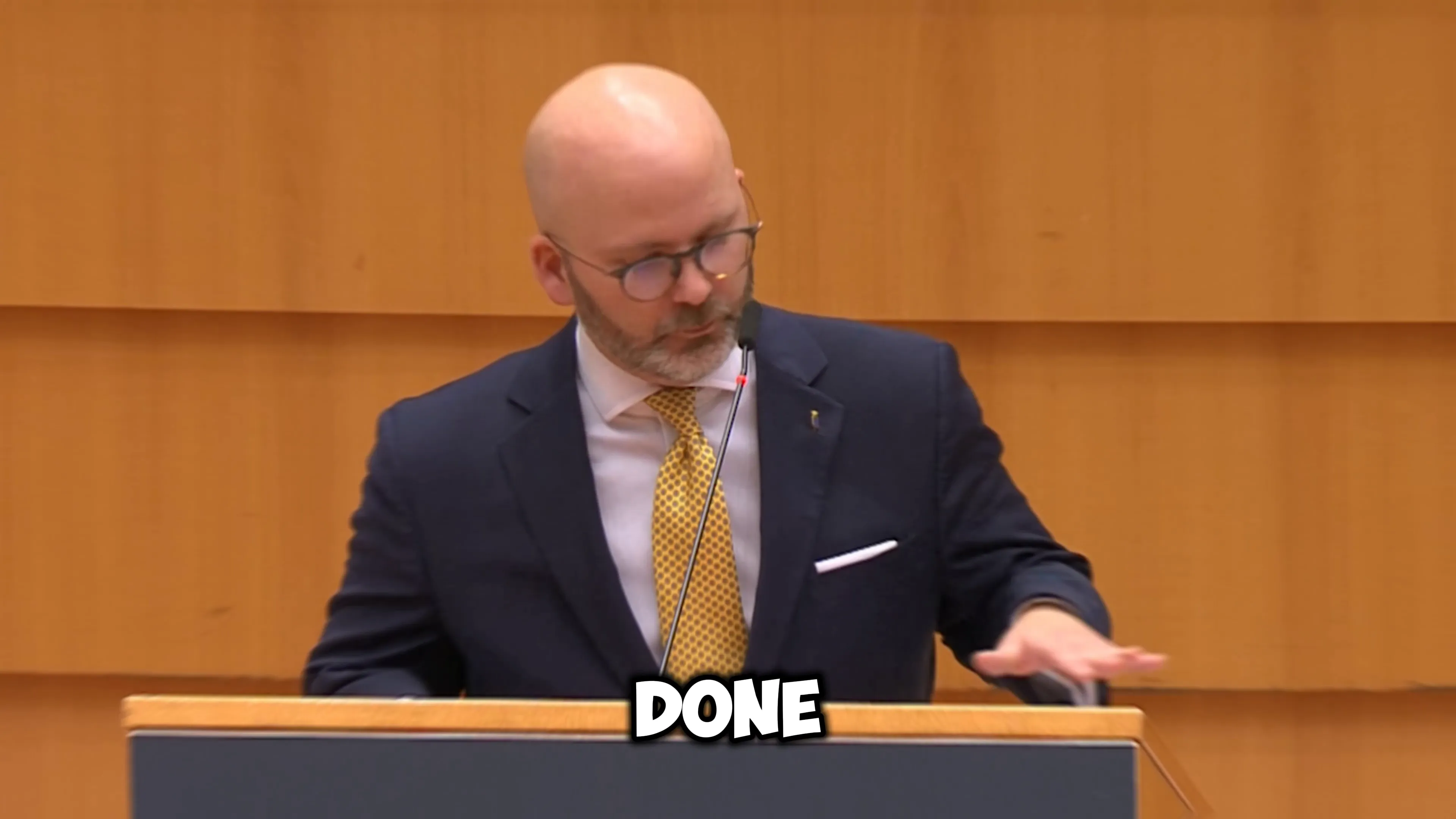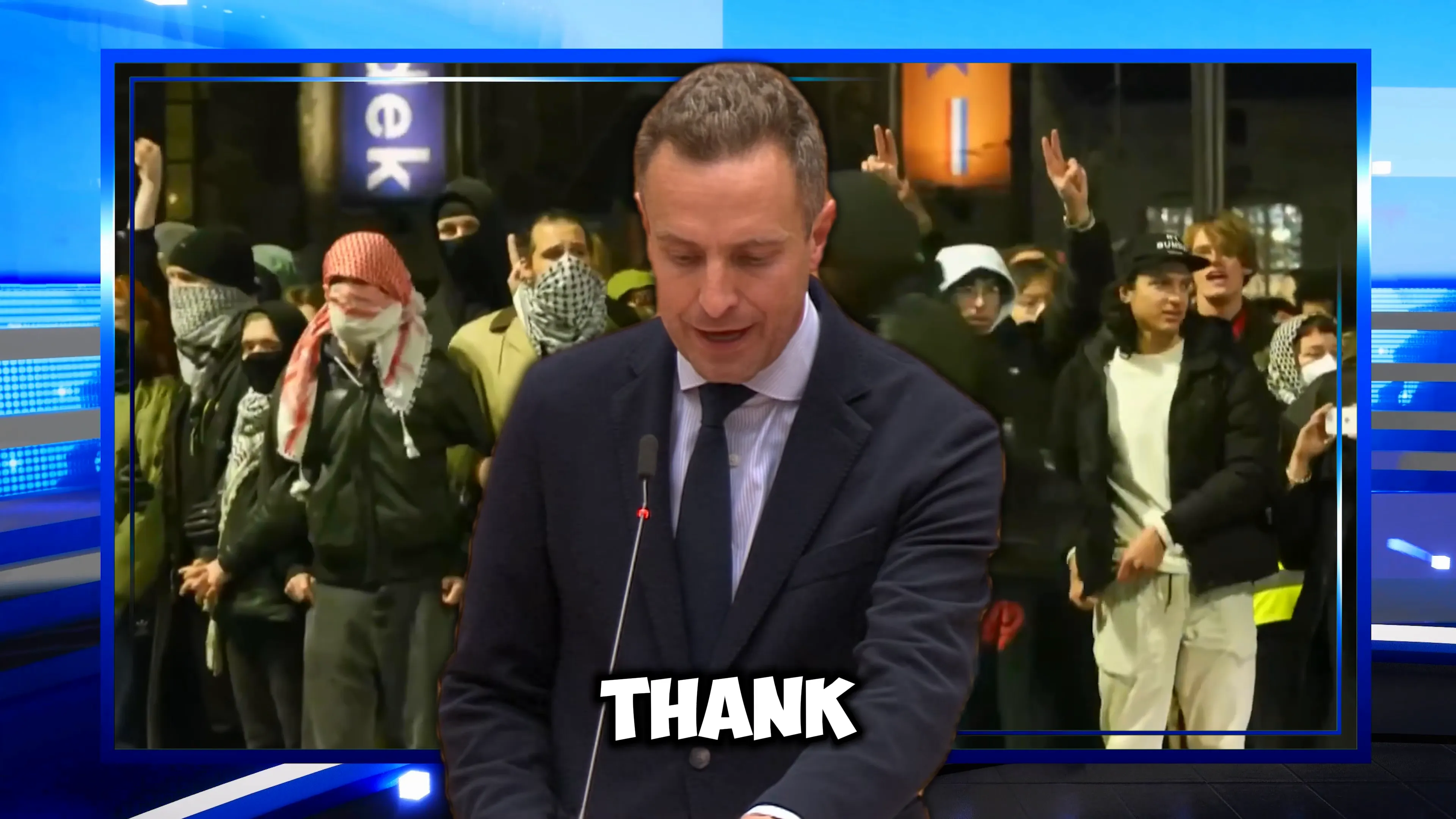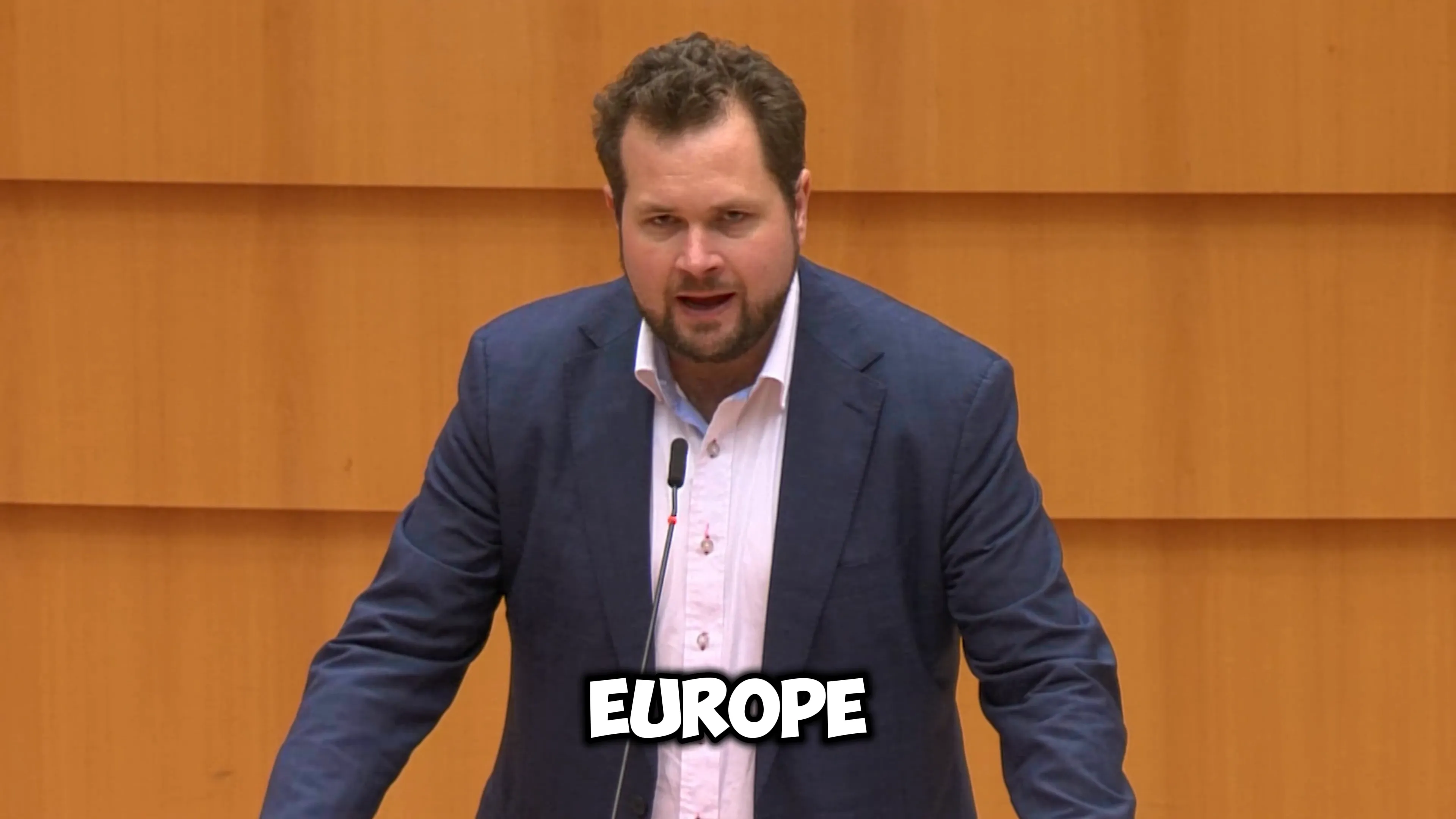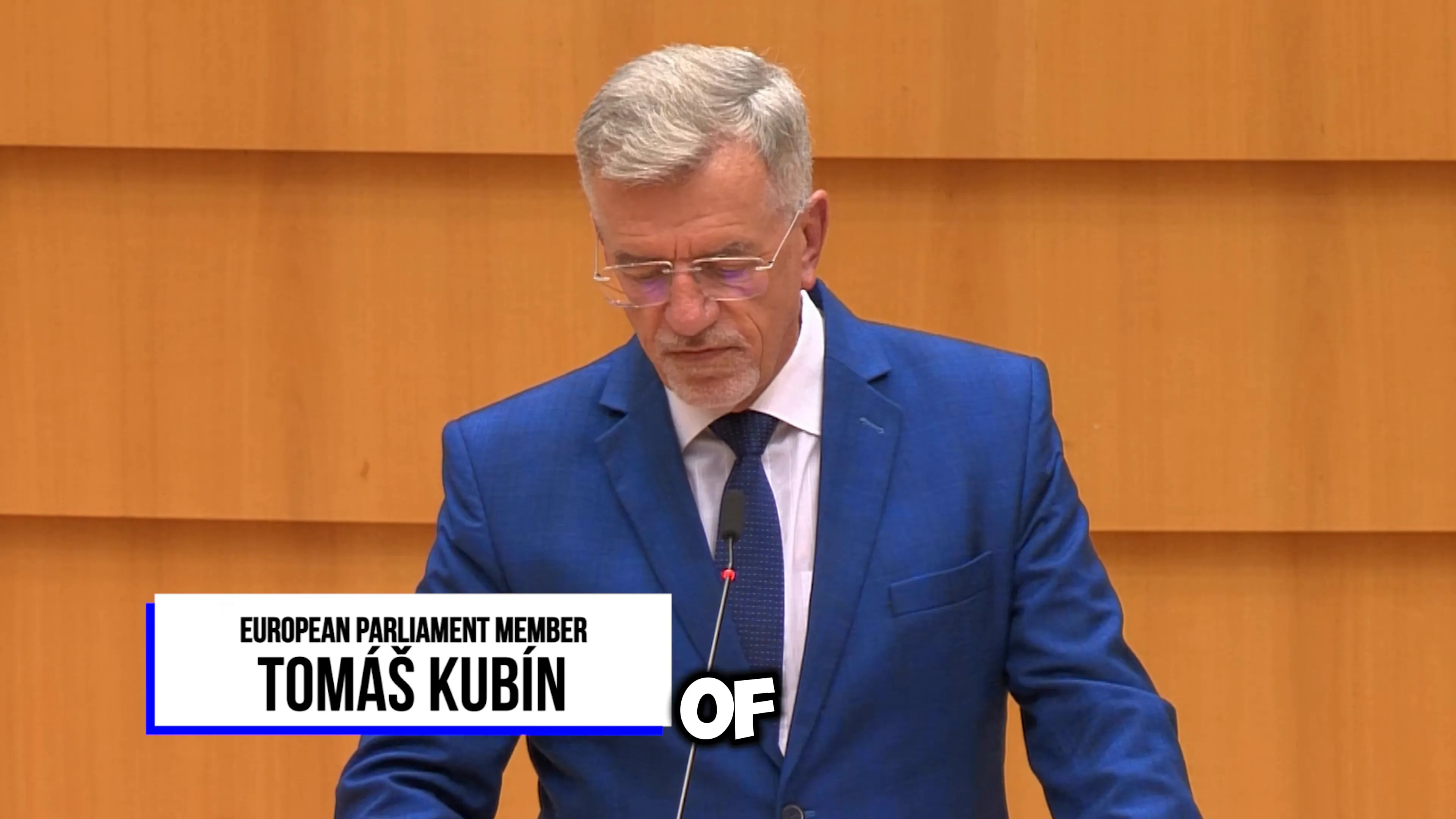During talks, in the European Parliament the convergence of leaning beliefs, demonstrations against Israel and the growing concern over anti Semitism have stirred up intense discussions. This article delves into the points raised by Parliament members examining the intricacies surrounding these matters and their impact, on European society.
Introduction to the Protests
Lately there has been an increase, in demonstrations protesting against Israel led by leftist organizations. This trend prompts inquiries regarding the underlying reasons fueli…
Many argue that the left’s stance is rooted in a historical context of anti-colonialism and social justice. However, this narrative often oversimplifies the complexities of the Israeli-Palestinian conflict. Protests are often characterized by a lack of nuance, leading to a blanket condemnation of Israel without addressing the multifaceted realities on the ground.
The Role of the Left in Pro-Palestinian Movements
Leftist movements have historically positioned themselves as champions of the oppressed. In the context of the Israeli-Palestinian conflict, this has translated into a staunch pro-Palestinian stance. However, this alignment raises questions about the selective empathy exhibited by these groups. Why is there such a focus on Palestine while similar injustices in other regions receive far less attention?
Critics often highlight a paradox wherein the groups supporting rights sometimes fail to address the challenges faced by communities experiencing increasing anti Semitism casting doubt on the consistency of their advocacy, for universal human rights.

Condemnation of Violence and Hypocrisy in Politics
The recent violence in Amsterdam has sparked outrage among political leaders, yet the responses often reveal a hypocritical double standard. While leftist politicians vocally condemn anti-Semitic acts, their subsequent actions suggest a reluctance to address the root causes of this violence. The cycle of outrage followed by inaction is a troubling pattern that continues to erode trust in political institutions.
Additionally the stance of the left, on immigration and assimilation adds another layer of complexity to this topic.The dilemma arises when leaders supporting borders and multiculturalism clash with the necessity to address the growing Semitic attitudes within specific immigrant groups.This conflict presents a hurdle, for the left as they navigate their messaging.

The Fear of Anti-Semitism in Europe
Across Europe, there is a palpable fear among Jewish communities regarding their safety and well-being. The rise of anti-Semitic attacks has become a pressing concern, with incidents reported daily in major cities. This atmosphere of fear is exacerbated by political discourse that often fails to adequately address the complexities of anti-Semitism.
Many Jewish individuals express feeling increasingly isolated and vulnerable in their own countries. The historical legacy of anti-Semitism in Europe makes this situation particularly alarming. It serves as a stark reminder of the dangers of unchecked hate and the importance of vigilance in combating all forms of discrimination.

The Reality of Anti-Jewish Attacks
The recent anti-Jewish attacks in Amsterdam exemplify a disturbing trend that has been developing across Europe. These incidents are not isolated; they are part of a broader pattern of violence that targets Jewish individuals and communities. The attacks are often coordinated and fueled by extremist ideologies that thrive in an environment of division and hatred.
As the situation escalates, the need for clear and decisive action becomes critical. Political leaders must move beyond mere condemnation and work towards implementing effective strategies to protect vulnerable communities. The failure to act risks repeating the darkest chapters of history.

Examining the Core Issues of Modern Anti-Semitism
Modern anti-Semitism is a multifaceted issue that arises from a complex interplay of historical, social, and political factors. Today, it manifests not only as overt violence but also through insidious rhetoric that undermines the safety and dignity of Jewish communities. One of the core issues is the failure to address the root causes of this hatred, often clouded by ideological biases.
Critics argue that the left’s selective outrage contributes to a culture where anti-Semitic sentiments can thrive. By focusing on certain narratives while ignoring others, political factions risk perpetuating a cycle of hate. This selective empathy creates divisions that prevent meaningful dialogue and understanding.

The Historical Context of Anti-Semitism in Europe
The historical backdrop of anti-Semitism in Europe is marked by centuries of persecution, discrimination, and violence against Jewish people. This legacy has left deep scars and continues to influence contemporary attitudes and behaviors. The Holocaust serves as a grim reminder of the consequences of unchecked hatred.
In recent years, there has been a resurgence of anti-Semitic incidents, often intertwined with political movements and conflicts. The rise of populist politics and anti-immigrant sentiments has further exacerbated these tensions. Understanding this history is crucial to addressing the present-day manifestations of anti-Semitism.

Initiatives to Combat Anti-Semitism
In response to the rising tide of anti-Semitism, various initiatives have been launched across Europe aimed at combating hate and fostering inclusivity. These efforts include educational programs, community outreach, and policy reforms. Political leaders are increasingly recognizing the need for a cohesive strategy to address this pressing issue.
One significant initiative involves collaboration between government bodies and local communities to enhance security measures for Jewish institutions. Furthermore, anti-racism strategies are being developed to ensure that all citizens can live free from discrimination. This holistic approach is essential for building a safer and more inclusive society.

Messages of Safety and Security for All Citizens
Ensuring the safety and security of all citizens is paramount in the fight against anti-Semitism and all forms of hate. The European Union is committed to creating a safe environment for every individual, regardless of their background. This commitment is reflected in policy initiatives aimed at enhancing protection for vulnerable communities.
Political leaders emphasize that every citizen has the right to feel secure in their homes, schools, and places of worship. It is crucial that this message resonates throughout society to foster a culture of respect and understanding. Only through collective action can we hope to eradicate the scourge of anti-Semitism.
Conclusion and Call to Action
The fight against anti-Semitism requires a united front. Political leaders, community organizations, and individuals must work together to confront hate in all its forms. This includes challenging narratives that perpetuate division and fostering empathy and understanding across communities.
As we reflect on the historical context and the current landscape of anti-Semitism, it is clear that vigilance is essential. We must not allow history to repeat itself. A call to action is necessary for all of us: stand up against hate, educate ourselves and others, and advocate for policies that protect the rights and dignity of every citizen.
